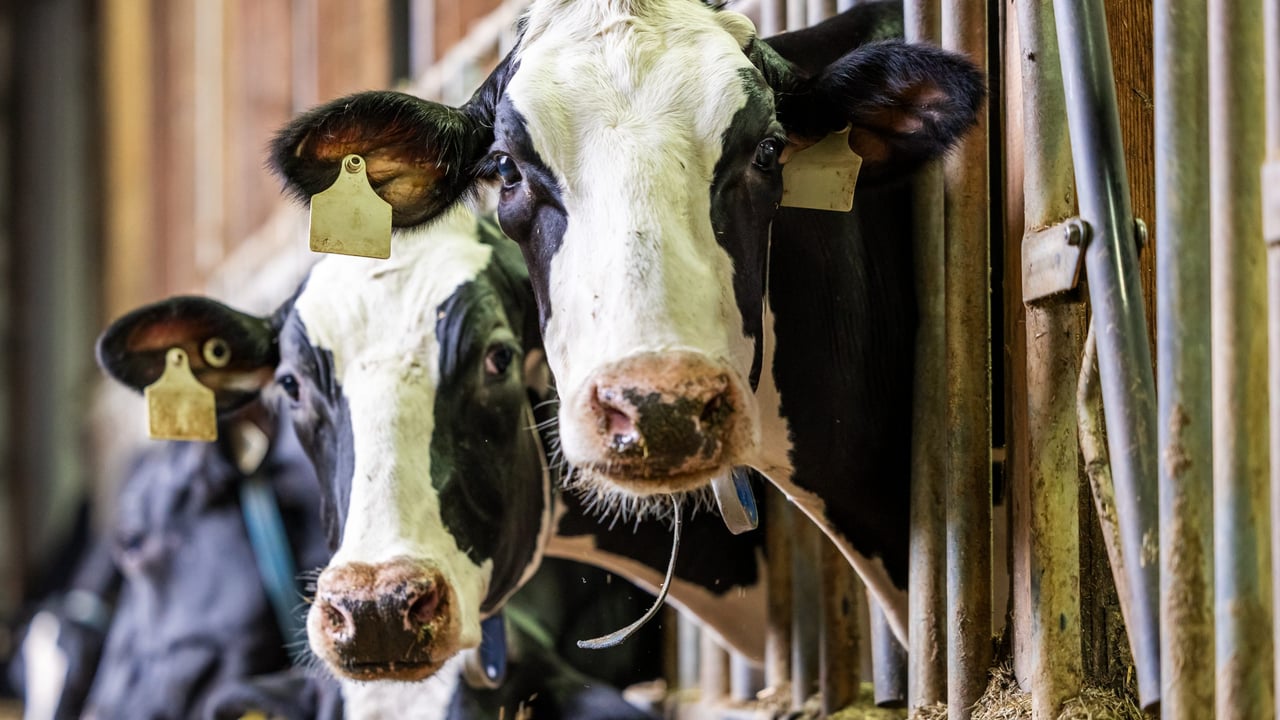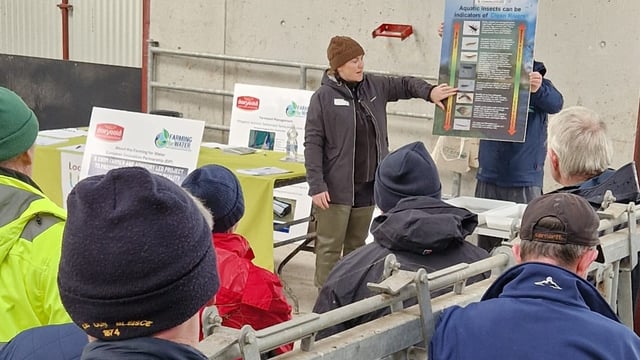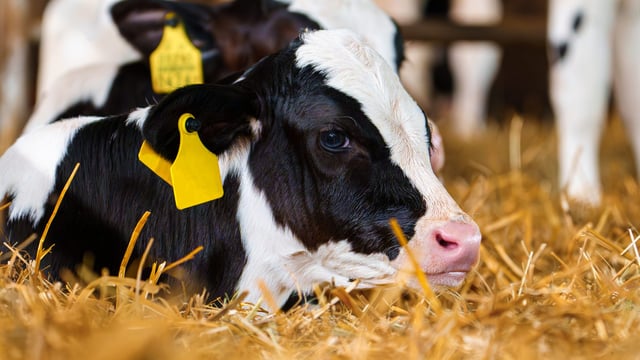New all-Wales restricted zone for bluetongue to start in November
The Welsh government will introduce a new all-Wales restricted zone policy for bluetongue serotype 3 (BTV-3) from November 10, it confirmed today (Thursday, October 30).
In a statement, Huw Irranca-Davies, the Welsh Deputy First Minister and Cabinet Secretary for Climate Change and Rural Affairs, said that to date, 11 cases of bluetongue have been confirmed in Wales, four in Powys and seven in Monmouthshire.
The minister believes that the Welsh government’s disease control policy "delayed bluetongue incursion from the all-England restricted zone" and gave farmers time to vaccinate their livestock and prepare for the emergence of the disease.
However he expects that Wales is likely to see the number of cases of the viral disease "increase as our surveillance continues".
Despite this, Minister Irranca-Davies said he had listened to feedback on challenges posed by current restrictions on livestock movements between England and Wales and had considered the Welsh government's approach to bluetongue for the remainder of the year.
Bluetongue
The minister stated: "I have noted that bluetongue is already circulating in the all-England restricted zone, and that the chief veterinary officer for Wales has confirmed disease circulation related to the first farm where BTV-3 was detected in Monmouthshire.
"Given midge-borne bluetongue virus has reached Wales, and historic temperature data and modelling work indicates it is very unlikely for midge-borne transmission of bluetongue virus to occur after November 10 in Wales, I will declare an all-Wales restricted zone commencing on November 10."
The change in policy will have a number of implications for farmers and livestock owners in Wales.
This will include:
- Revocation of the existing temporary control zone and associated conditions;
- Removal of premises level restrictions - individual premises across Wales will no longer be subject to bluetongue-specific movement or control restrictions;
- No further culling or restrictions- culling of infected animals and imposition of further bluetongue restrictions will cease in Wales;
- Free movement of livestock - livestock movements between England and Wales will no longer require bluetongue vaccination or other mitigation measures.
- Ongoing surveillance and future preparedness - regular monitoring will continue for detection of any new bluetongue serotypes.
Minister Irranca-Davies today urged animal keepers to "source stock responsibly, remain vigilant for the signs of bluetongue, and to report any suspect cases to the Animal and Plant Health Agency (APHA) immediately".
"Vaccination remains the best way to protect livestock and livelihoods from the worst impacts of this disease.
"Our new approach to bluetongue means it is more important than ever to be prepared for the impacts of the disease.
"With the full support of industry, I strongly encourage animal keepers to discuss bluetongue vaccination of their herds and flocks with their vets, particularly before the next active transmission period for the disease, in spring 2026," he added.





